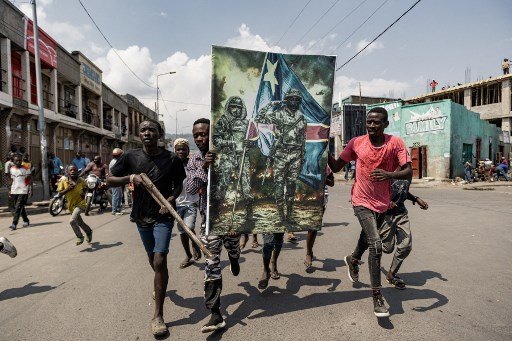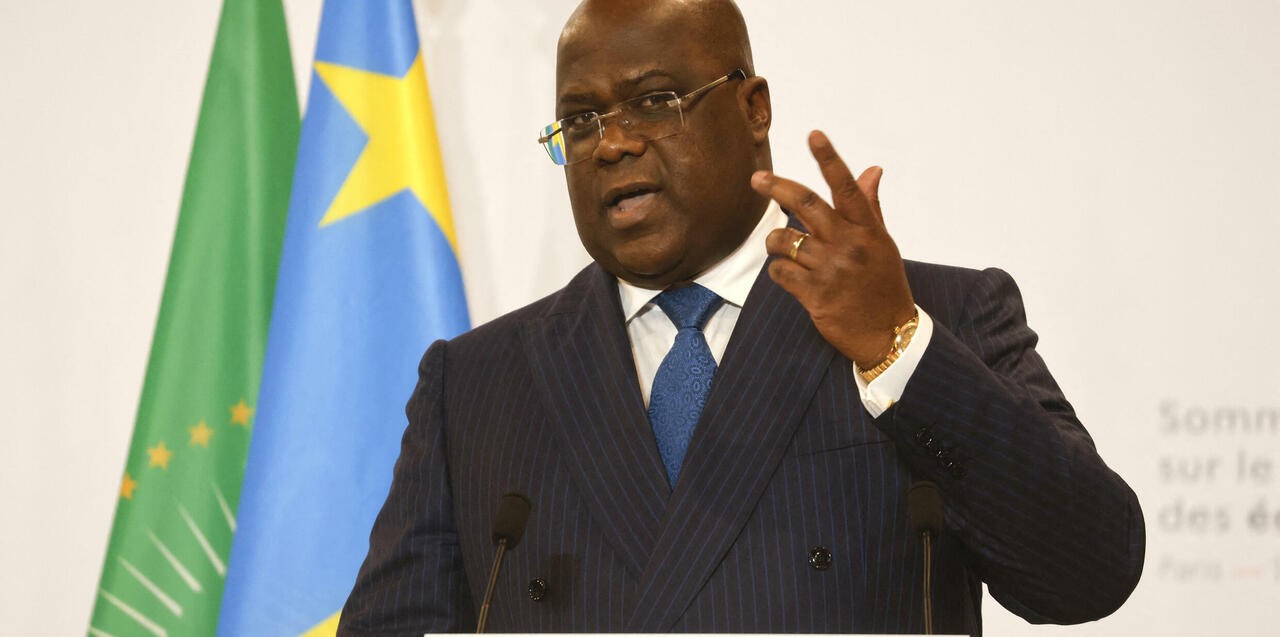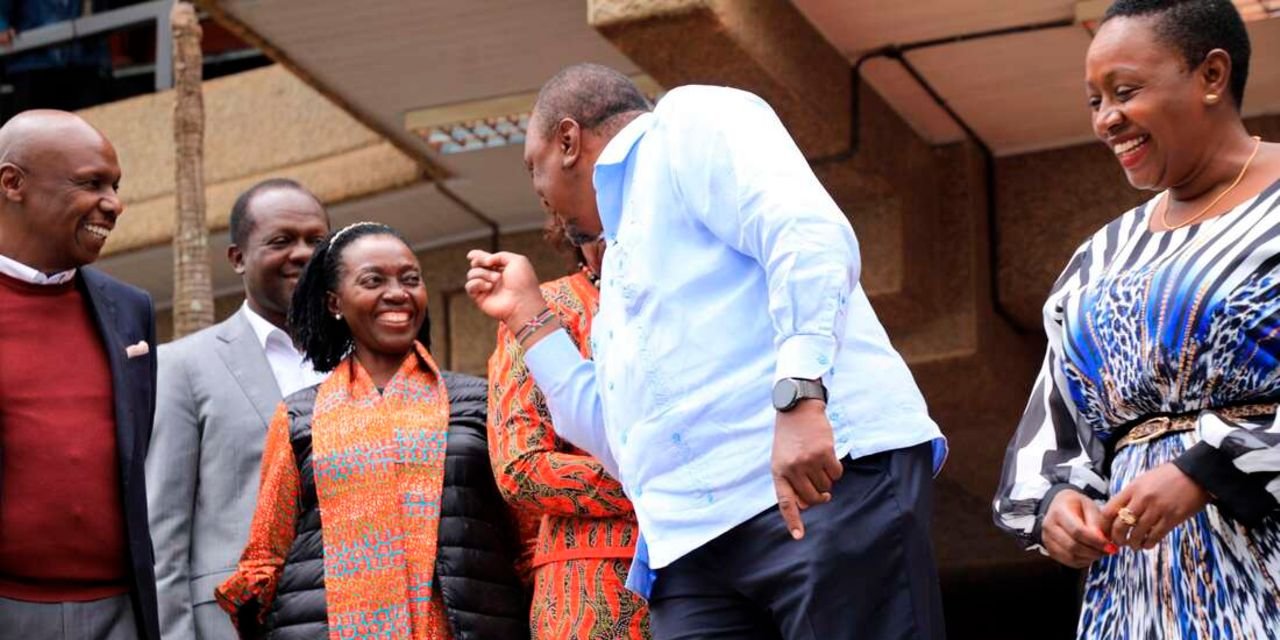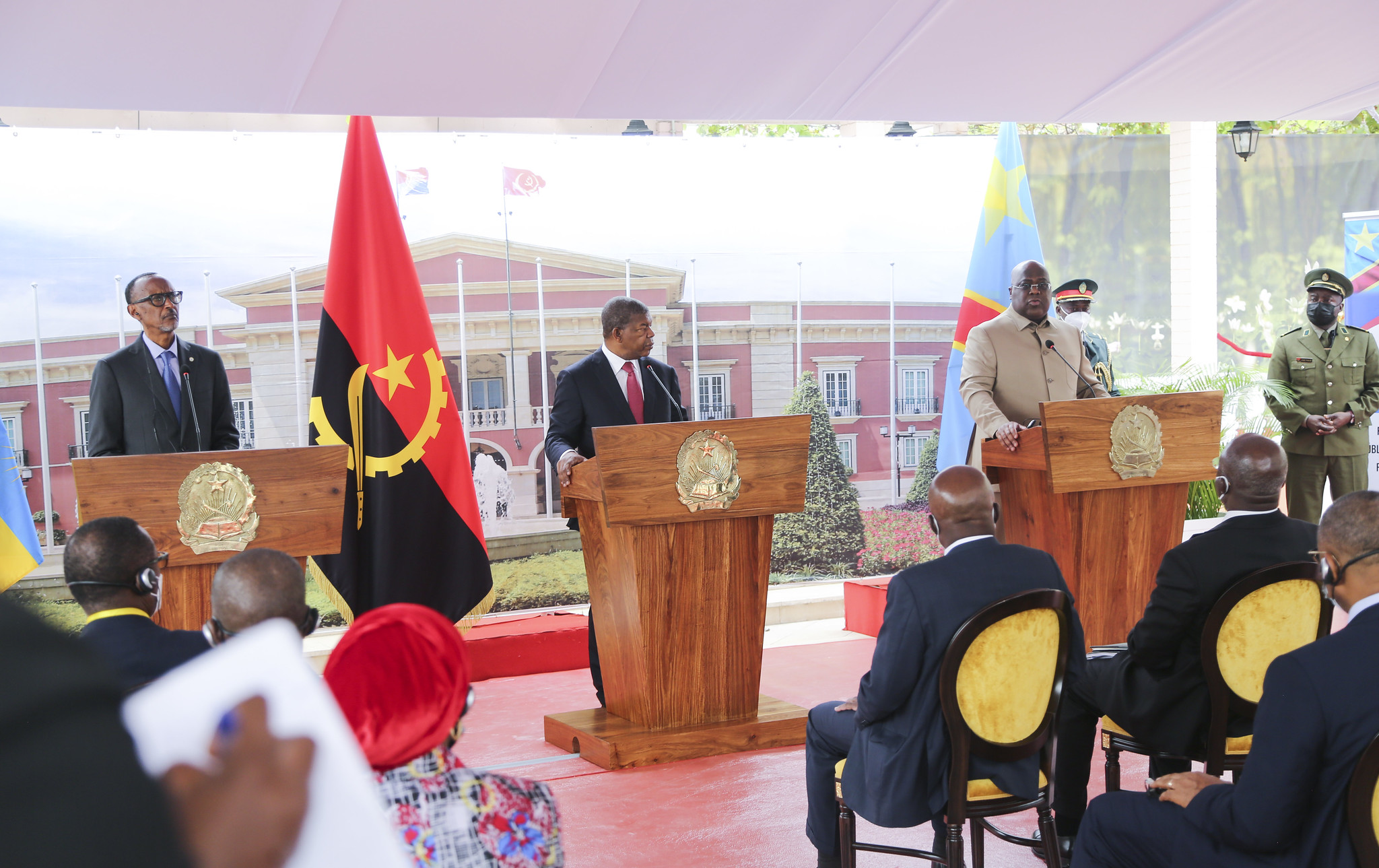Regional
DRC: Who will be held accountable for hate speech?

Congolese
officials are using hate speech to incite violence against Congolese
Kinyarwanda speaking people, precisely the Tutsi Congolese community. Its scale
and impact has led to the torturing and killing of many Congolese Tutsi. In
DRC, hate speech is amplified by new information communication technologies,
including social media.
Speaking
on the International Day for Countering Hate Speech, on June 18, UN Secretary
General Antonio Guterres, said: “Hate speech incites violence, undermines
diversity and social cohesion, and threatens the common values and principles
that bind us together. It promotes racism, xenophobia and misogyny; it
dehumanizes individuals and communities; and it has a serious impact on our
efforts to promote peace and security, human rights and sustainable
development.”
His
statement properly reflected the current situation in DRC.
Following
accusations by the DRC Government that Rwanda supports the M23 rebels, hate
speech against the Congolese Tutsi escalated. It was pumped up by low and
senior political figures, officers in the Congolese army, or FARDC, the
country’s police force, as well as opinion and religious leaders.
They
all called for the assassination of Congolese Tutsi. They asked Congolese to
arm themselves with local weapons. The Congolese Tutsi, who form the M23
rebellion, were dehumanized. It was just a replay of what transpired in Rwanda,
back in 1994, when the Genocide against the Tutsi unfolded.
Hate
speech against the Tutsi in DRC is not new. In 1998, Abdulaye Yerodia who was
the director of cabinet of then President Laurent Desiré Kabila, publicly
encouraged the population to kill the Tutsi. He qualified the Tutsi as
“vermin”, on national television. Many Tutsi were killed in Kinshasa. Hundreds
were thrown, wounded and alive, into the river Congo, on camera. The shocking
footage can still be found on the Internet.
In
the build-up to the 1994 Genocide against the Tutsi, there was a campaign to brand
the Tutsi as snakes. The public was hoodwinked to equate the Tutsi to poisonous snakes that had to be
killed.
The
Provincial Commissioner of the Congolese National Police in North Kivu
Province, Gen. Aba Van Ang, was filmed on May 26, 2022, briefing hundreds of
police officers and instructing them to ready their families to combat ‘the
enemy’ by obtaining machetes and other traditional weapons.
Shops
and other small businesses belonging to people identified as ‘Rwandan’ became
immediate targets of attacks and looting, particularly in Goma, Bukavu and
Kinshasa.
A
video on social media showed Jules Kalubi of president Felix Tshisekedi’s UDPS
party calling on his fellow citizens to attack the ‘Rwandans’ of Kinshasa. In
this video, he presented a list of places in Kinshasa where ‘Rwandans’ can be
found. He also explained that to recognize a Rwandan, you have to observe the
“long nose”. This is part of stigmatization and discrimination.
On
June 14, in Kisangani, a Lieutenant Colonel of the FARDC was attacked and
molested by military and police officers. This was racial profiling.
On
June 15, at the call of the Coordination of the Civil Society in Goma,
thousands of people demonstrated to support the FARDC and denounced the
“Rwanda’s aggression”. During these demonstrations, scenes of looting of stores
belonging to the Congolese Rwandophones were reported. On some streets of the
city, demonstrators stopped vehicles searching and asking for identity cards of
occupants. The hunt was on for Rwandophones. Some were found and killed.
On
the same day, during demonstrations organized by the LUCHA (Civil Society
Organization working in Goma), participants sang songs asking the «Rwandans» to
return home. Again, that day, a member of the Union Sacrée in the National
Assembly, during a session broadcasted on national television, said that the
National Assembly was infiltrated by ‘Rwandans’.
On
June 17, galvanized by the Congolese government’s accusation of Rwanda as
supporting the M23, a FARDC soldier crossed to Rwanda and opened fire on
Rwandan police officers at the Goma-Gisenyi border, injuring one. He ended up
being shot dead in the defence of civilians.
On
June 6, Pastor Gode Mpoy, a Member of Kinshasa’s Provincial Parliament and
former President of the Provincial Assembly of Kinshasa, addressing his church
followers, in Bandalungwa-Kinshasa, compared Rwandans to the devil and declared
that the only solution to the problem of Rwandans is to attack and raze Rwanda.
There
is even a more, including a horrible case of cannibalism where people went
beyond hate and killing, to eating bodies of the Tutsi.
“Hatred
is a danger to everyone – and so fighting it must be a job for everyone,” said
Guterres. To the contrary, hate speech is being spread in DRC, where the UN has
the biggest contingent of more than 20,000 peacekeepers.






